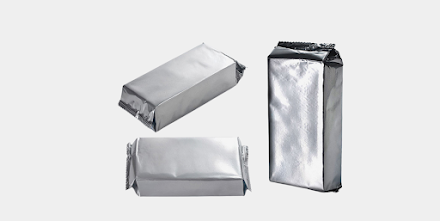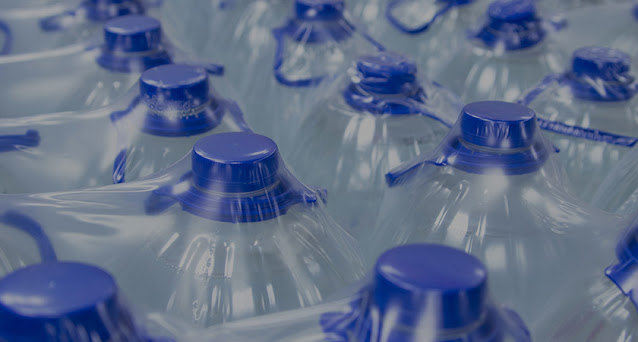Guide on Nitrogen Flush Packaging
An appropriate packaging gas is required to store and transport sensitive products such as food. A modified atmosphere environment that inhibits unwanted chemical reactions such as oxidation and food spoilage can help you in achieving a better shelf life of the food products. But, the question that stands here is which gas can be flushed for food packaging? Here is where nitrogen steps in!
You must be thinking why only nitrogen? It is because the main component causing food spoilage and oxidation is oxygen. If oxygen is flushed into any of the packagings then the food inside will undergo chemical reactions that will directly affect the flavor and texture of the packaged item.
Moreover, nitrogen acts as an antioxidant component which means it can prevent food from undergoing chemical reactions and various climate changes. Nitrogen flushed packaging is the process of filling nitrogen gas in the pack instead of oxygen to meet advantages like high-quality food for a long duration, enhanced shelf-life, and high durability.
As one of the best Gas Flushing Packaging Manufacturer, we at Solos Polymers provide the best-flushed packaging solution as we believe in customer satisfaction, we see through the customer’s perspective.
How Does Nitrogen Flushing Food Packaging Works?
At first, the food container including the product in it is positioned into the empty container of the gas filling machine. After that, the machine is used to extract out the oxygen gas present in there and fill it with the nitrogen gas. The gas flushing machine seals the food container before the flushed gas comes out. At last, these nitrogen flushing food packaging is packaged in large boxes and is ready to be shipped or stored in the grocery stores.
Take a note that the nitrogen gas filled in during packaging remains in the container until and unless the consumers open it. As soon as the container is opened, the surrounding environment is again filled with 78% nitrogen and 21% oxygen as usual. Also, once the container is opened the food starts deteriorating and the oil of the product goes rancid.
How to Determine Required Nitrogen for Keeping the Food Fresh?
For simplifying the determination of required gas, here are the main three types to be taken into consideration.
Type of Food Product:
Food products including fruits and vegetables (type 1)undergo oxidation quickly, whereas dry food products like beans and more (type 2) have a longer shelf-life. Thus, type 1 requires more nitrogen than type 2.
Type of Storage:
Here storage refers to the surrounding. If you want to store the food products in a cold refrigerated page then less nitrogen would work, but if you want to store it in a warm or normal environmental environment then the packaging should have more nitrogen gas.
Type of Packaging:
No matter how appropriately is the procedure carried out! But a breakage or leaking pores can ruin the whole work. Therefore, it is necessary to check the packaging containers. A container with breakage and a porous surface will leverage the filled nitrogen to the mixed environment.
There are many more factors that are to be taken into consideration, but these three types were the major ones. We as a gas flushing packaging manufacturer & supplier ensures every aspect by testing the product to provide the finest solution to our clients.
We are trusted gas flush packaging and nitrogen flushed packaging suppliers, and always ready to help you out with your packaging concerns. Contact us now!



Comments
Post a Comment